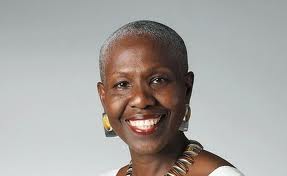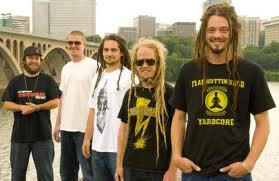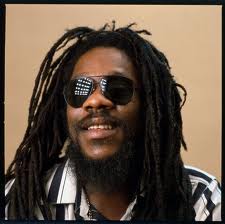
By Shereita Grizzle–
Reggae and Jamaica have been inextricably linked since its origin in the 1960s. The genre of music is considered to be ‘the heart and soul’ of the country’s entertainment landscape and holds an important place in the country’s history. Its contribution to theisland’s cultural development is significant and cannot be discredited. However, since reggae music made its way on to the international scene, it sparked a debate that still has relevance today. Given the emergence of countless non-Jamaican reggae acts, can Jamaica still claim reggae music as its own?
The globalisation of reggae has impacted the island both negatively and positively. On one hand, as a direct result of globalisation, reggae’s popularity has grown and continues to do so. The global demand for the music has increased because of a connection established through the music’s message. This global demand has opened doors in overseas markets for local artistes and has allowed for them to establish a career outside of Jamaica. On the other hand, many claim that, because the music has become so widespread, some of its authenticity has been lost as other artistes outside of Jamaica adopt the music as their own. In addition, many of these non-Jamaican acts have become so popular through reggae music that they end up outselling and outclassing the local acts.
Copeland Forbes, veteran music producer and a key player in the entertainment industry, weighed in on the issue. In an interview with The Gleaner, Forbes said globalisation is not to blame for whatever decline the reggae
industry in Jamaica is experiencing. He pointed out that Jamaica will always have the real thing, but it’s what the industry does with it that determines its rise or fall. “We are the creators, we will always have the authentic thing and we will always be known for that. We just need to be mindful of that fact,” he said. “Because of globalisation, everybody wants to copy us, but that’s it: what they have is a replica of the real thing.”

In a Gleaner column earlier this year, Professor Carolyn Cooper also sought to shed some light on the issue. “So we’ve given reggae music to the world. But sometimes we act as if reggae was stolen from us,” she said, adding that Jamaica doesn’t ‘own’ the music, as the genre is also deeply rooted in African history.
Forbes agreed to some extent. While he admitted that reggae wasn’t stolen from Jamaica, he insisted that the genre is uniquely Jamaican because it has become a national marker, something that other countries use to identify the country and its culture. He went on to say the problems started when key industry players stopped leading, thus leaving room for overseas acts to pick up the mantle.
“We had a strong grip on reggae, but we let it go when we started following the emerging overseas acts. They took reggae and put a spin on it and, all of a sudden, we started doing the same thing, and that created a void for the real thing,” he said.

A void which, he said, was willingly filled by non-Jamaican reggae acts such as Slightly Stoopid, SOJA, The Green, and others. “They saw this void and gave the world what it wanted: real reggae music; and that’s why they are outselling our local acts.”
The fact that Jamaica only plays host to a few reggae festivals may also be viewed as negative by many. Forbes, however, believes differently.

OPPORTUNITIES
“It is a good thing that most of the major reggae festivals are held overseas because that creates a lot of opportunity for our local acts. Many of the artists on these overseas, shows are Jamaicans, and that does a lot for our industry as far as live performances are concerned.”
“Many of our local acts don’t have vision. They are making music that, in truth, cannot pass Port Royal disguised as an angel,” he said. “If you look at the reggae acts back then – Bob Marley, John Holt, Dennis Brown – the reason those artists’ music still has relevance today is that they created music for the world and not for themselves.” He did, however, state that some of the new reggae acts are on the right track to rebuilding Jamaica’s legacy as the reggae Mecca of the world.
“Chronixx, Protege, Jesse Royal are a few of the acts today that look very promising. They have the potential to get the music back to where it was. It’s just sad they have to be rebuilding. They shouldn’t have to; all they should be doing is carrying on an already rich legacy.”

Forbes believes that this new generation of reggae artists could be what Jamaica needs to regain its stamp on reggae music. “It may take a couple of years, but if they continue on this path, reggae can get back to where it was.”

You must log in to post a comment.